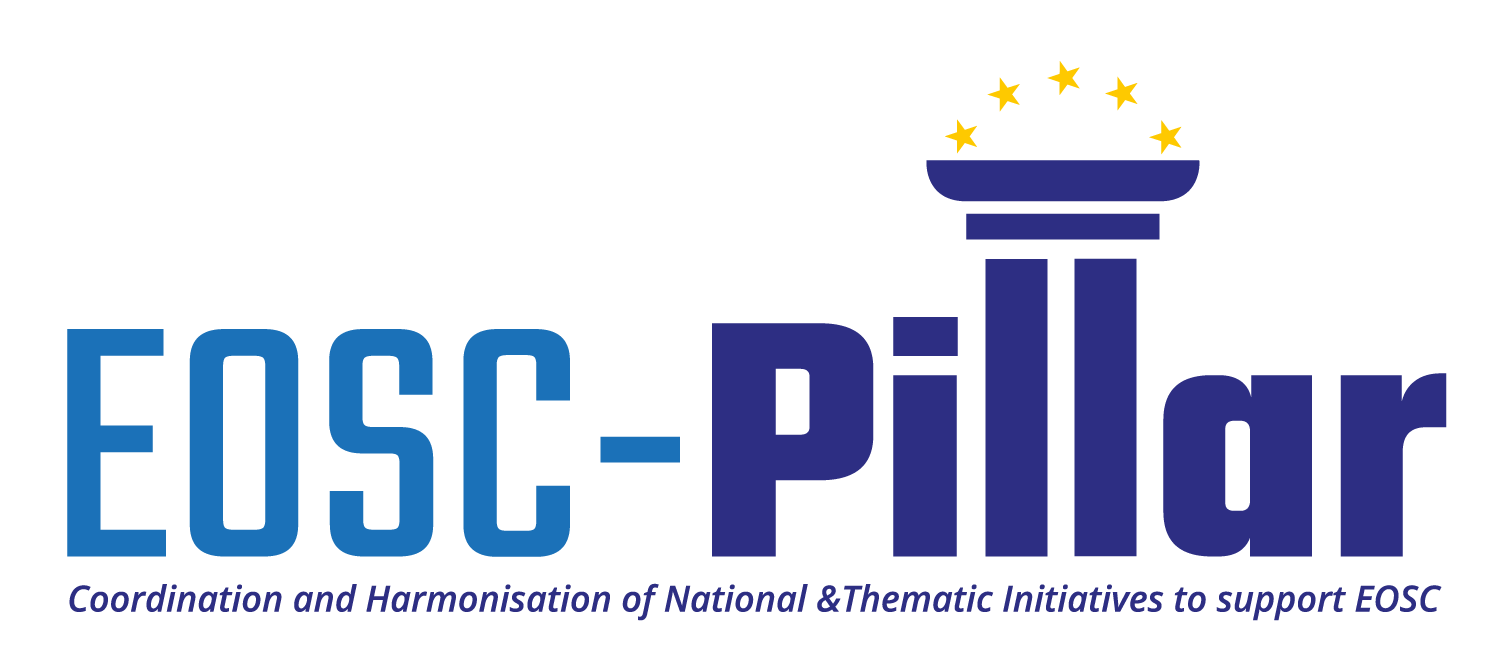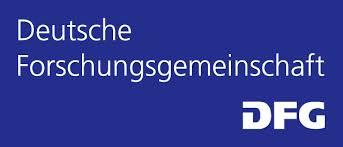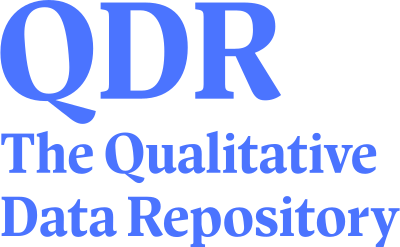
Capture and process
Capturing and processing of data or related materials to enable research evidence to be prepared for analysis; provisioning of secure managed access to networked storage, scalable to meet demands, plus resources, tools, standards and workflows for collaboration between research team members, and relevant third parties













